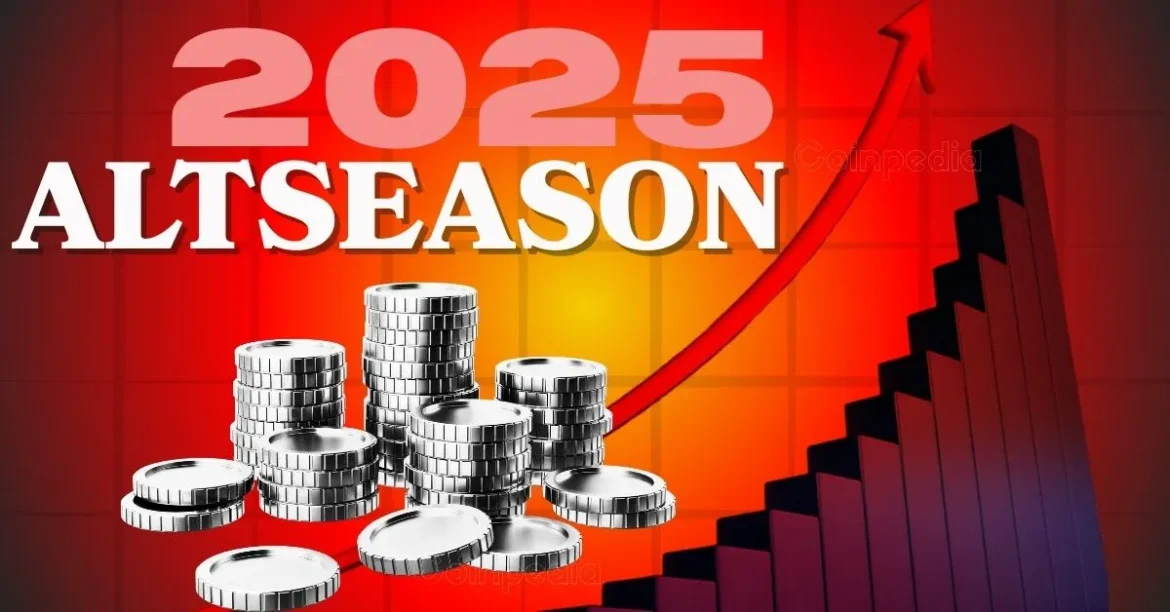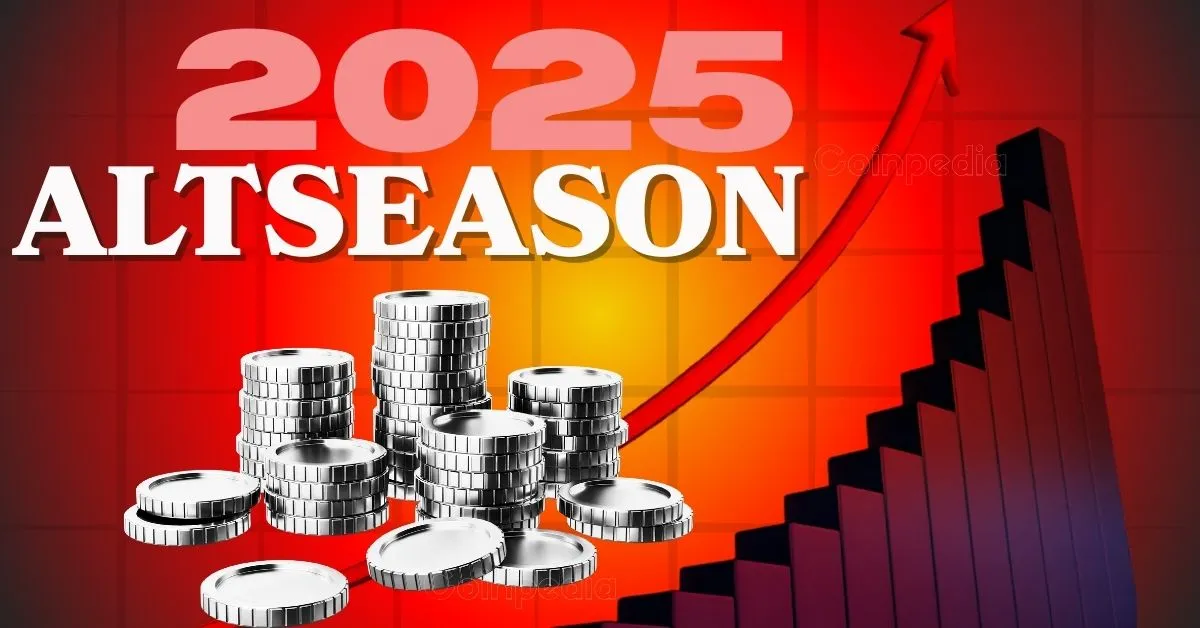The cryptocurrency market has evolved significantly since the inception of Bitcoin, expanding beyond the dominance of the original cryptocurrency and Ethereum. The introduction of Exchange Traded Funds (ETFs) for Bitcoin and Ethereum has validated cryptocurrency as a legitimate asset class, paving the way for the potential integration of other prominent altcoins into mainstream investment portfolios. Among these, Solana (SOL), Dogecoin (DOGE), and XRP have emerged as strong candidates for ETF approval, each presenting unique opportunities and challenges.
The approval of Bitcoin ETFs marked a pivotal moment in the cryptocurrency market, opening the doors for institutional investment and providing retail investors with a regulated avenue to gain exposure to digital assets. The subsequent approval of Ethereum ETFs further solidified this trend, demonstrating the SEC’s increasing acceptance of cryptocurrencies within traditional financial frameworks. The success of these ETFs has created a demand for similar products centered around other leading altcoins, with Solana, Dogecoin, and XRP at the forefront of this potential expansion.
Solana has emerged as a formidable challenger to Ethereum’s dominance in the smart contract platform arena. Its innovative architecture, based on Proof of History (PoH) combined with Proof of Stake (PoS), allows for significantly faster transaction processing compared to Ethereum’s current Proof of Work system. This efficiency has attracted a large and active user base, with a thriving ecosystem of decentralized finance (DeFi) applications and meme coins. The increasing institutional interest in Solana is evident from analyst reports suggesting significant potential inflows upon ETF approval. JP Morgan analysts estimate that a Solana ETF could attract between $4 and $8 billion in investments, indicating strong demand from institutional investors. Despite the SEC’s delay in decisions on Solana ETFs, the high probability of approval reflects the market’s confidence in Solana’s potential. The upcoming launch of the first-ever Solana Staking ETF by REX Osprey marks a significant development for Solana-based investment products.
Dogecoin, initially created as a lighthearted meme, has surprisingly evolved into a prominent cryptocurrency with a large and dedicated following. Its resilience and continued relevance in the crypto market have made it a potential candidate for an ETF. Dogecoin’s strength lies in its strong community support and widespread recognition, maintaining a significant market capitalization and active trading volume. Its price surges, often driven by social media trends and endorsements from prominent figures, have contributed to its increased visibility and market activity. However, the approval of a Dogecoin ETF faces unique challenges due to its perception as a meme coin and its lack of inherent utility compared to platforms like Solana. Several issuers have signaled their intent to offer spot Dogecoin ETFs, but the SEC has delayed decisions on these products, with review dates set for mid-June 2025.
XRP, associated with Ripple Labs, is designed to facilitate cross-border payments, positioning it as a potential leader in the financial technology sector. Its primary use case in enabling faster and more efficient cross-border transactions has garnered attention from financial institutions. However, XRP has faced significant regulatory scrutiny due to legal battles with the SEC over its classification as a security. These legal challenges have created uncertainty around its regulatory status and potential impact on its ETF approval. Despite these hurdles, XRP remains a popular cryptocurrency with a strong community. Analysts estimate a reasonable chance of approval for XRP ETFs, driven by its market presence and potential for institutional adoption. Several companies have filed for XRP ETFs, but the SEC has delayed its decision, pushing back the ruling on proposed XRP products.
The potential approval of altcoin ETFs presents several benefits, including increased liquidity, mainstream adoption, price discovery, and diversification. ETFs provide a regulated and accessible avenue for investors to gain exposure to altcoins, increasing liquidity in the market. They can bring altcoins into the mainstream investment landscape, attracting institutional investors and broadening the investor base. ETFs can contribute to more efficient price discovery for altcoins, reducing volatility and increasing market stability. Additionally, ETFs allow investors to diversify their crypto portfolios, spreading risk across multiple assets.
However, the approval of altcoin ETFs also faces challenges and risks. Regulatory hurdles, such as the SEC’s concerns about market manipulation, investor protection, and the underlying assets, could hinder approval. Altcoins are generally more volatile than Bitcoin and Ethereum, posing risks for ETF investors. Ensuring the safe custody and security of the underlying altcoins is crucial for ETF providers. Determining the fair value of altcoins and accurately reflecting it in the ETF’s net asset value can be challenging due to market fluctuations and limited historical data.
The cryptocurrency market is poised for further expansion and integration into mainstream finance. The potential approval of Solana, Dogecoin, and XRP ETFs represents a significant step in this evolution, offering investors new opportunities for diversification and growth. While regulatory hurdles and market volatility pose challenges, the benefits of increased liquidity, mainstream adoption, and price discovery are substantial. The introduction of altcoin ETFs marks a new era of crypto investing, where digital assets become increasingly accessible and integrated into traditional investment portfolios. As the SEC continues to evaluate and refine its regulatory framework, the future looks promising for a diverse and thriving crypto ETF market. The potential approval of Solana, Dogecoin, and XRP ETFs could trigger an “altcoin ETF summer,” characterized by increased market activity, institutional adoption, and renewed investor interest in the broader cryptocurrency ecosystem.





